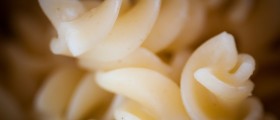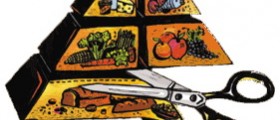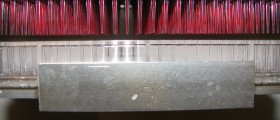
Information on Carbohydrates
Digestion of carbohydrates is a complex process and it starts in the mouth. The last area of the process of digestion of carbohydrates takes place in the gastrointestinal tract. Carbohydrates are among the different types of naturally occurring organic substances and the most popular forms commonly include cellulose, starch, sugars and similar food items. There are four basic types of carbohydrates and they are complex carbohydrates, disaccharides, monosaccharide and polysaccharides. The most common type of complex carbohydrates is the cellulose. It can be found in the fiber of most plants and it is very efficient in aiding the process of digestion. The most common disaccharides include maltose, lactose and sucrose, while the most common types of monosaccharides include galactose, fructose and glucose. Both disaccharides and monosaccharides can be digested rather fast. Polysaccharides usually require some more time, while there are certain types of complex carbohydrates which cannot be digested at all. The complexity of the molecular structures of different types of carbohydrates is in a direct proportion to the time required for it to be digested.
Carbohydrate Digestion and Absorption
The process of digestion of carbohydrates involves certain actions in which the complex carbohydrates get conversed into simpler monosaccharide molecules in order to be absorbed by the human body much more easily. The saliva gets released from the salivary glands in the mouth and it breaks up the carbohydrates. That is the beginning stage of the process of digestion. Saliva contains an enzyme called amylase and it is in charge of breaking up the carbohydrates into simpler molecular structures. Once the food gets swallowed it ends up in the stomach where it gets processed by different types of digestive acids. The digestive enzymes in the stomach do help with the overall digestion of food, but they are mostly insignificant when it comes to the process of digestion of carbohydrates.
Most carbohydrates get digested in the duodenum which is located in the small intestine. It utilizes the amylase enzyme from the pancreas gland. The molecules get converted into simplest possible types of carbohydrates such as maltose, lactose and sucrose. Other enzymes involved in the process of carbohydrate digestion in the small intestine include sucrose, lactase and maltase. These enzymes are essential when it comes to the absorption of carbohydrates. All the parts of complex carbohydrates which cannot be digested end up in the colon and get excreted by the movement of bowels. The absorbed carbohydrates end up in the bloodstream. Insulin from the pancreas converts them into glycogen and provides the body with the much needed energy. All excess amounts of glycogen end up as fat deposits.

















Your thoughts on this
Loading...